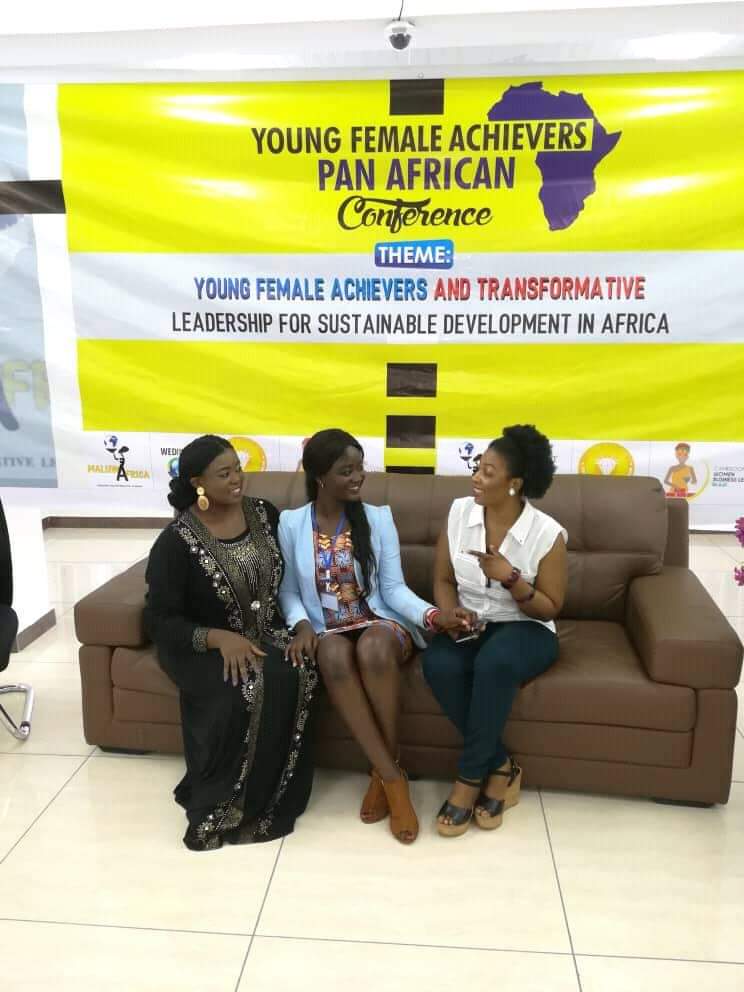From Waste to Energy





From Waste to Energy
"The "Waste-to-Energy" initiative by Plastic Punch in Ghana serves as a groundbreaking, future-oriented educational, environmental, and economic model. It pursues a comprehensive, multi-dimensional approach that goes far beyond mere waste disposal and combines ecological responsibility with economic opportunities. The project is an exemplary demonstration of how perceived waste materials can be meaningfully integrated into the circular economy through innovative processes, allowing for the recovery of new, valuable resources. Transformation of Coconut Shells through Technology In Ghana, the massive accumulation of untreated waste materials, particularly discarded coconut shells, poses a severe environmental problem. This agricultural byproduct is often carelessly disposed of, contributing to land and sea pollution and occupying valuable landfill space, while its considerable potential as a sustainable energy source is ignored. Shutterstock This is exactly where Plastic Punch intervenes: The organization systematically transforms these shells into high-quality biomass. A key step in realizing the project was the provision of a modern, high-performance shredding machine. This innovative technology enables efficient processing for the production of briquettes or pellets, thereby gaining a clean and renewable energy source. This alternative is not only more environmentally friendly than fossil fuels or conventional charcoal but, thanks to the high calorific value of the coconut shells, also offers an efficient and cost-effective solution for local energy supply for households and potentially for industry. Socio-Economic Impact and Self-Determination The social and economic benefit of this initiative is profound. Beyond pure energy generation, the project creates new green jobs for vulnerable population groups – from the collection of the shells in communities to the final biomass production, which is now optimized by the new machinery. Through this value creation process, Plastic Punch not only directly improves living conditions and energy security but also actively promotes social integration and economic self-determination.

HAND IN HAND PROJECTS
Through targeted funding, we have significantly supported the successful completion of these projects.



current projects
Here your donation helps the projects of our partners



Securing Techalli's future
Support for people with little means in difficult situations of life.

The Happiness Project Ghana
A School for Children in a remote area of Ghana which is initiated by the the belief of education as a key to sustainable development. To demonstrate our ongoing dedication, we have provided monthly donations to this project since 2022.

-min.jpg)
Can you swim?
Help disadvantaged youth in a region where very few can swim to learn this life saving and healthy sport. To demonstrate our ongoing dedication, we have provided monthly donations to this project since 2022.



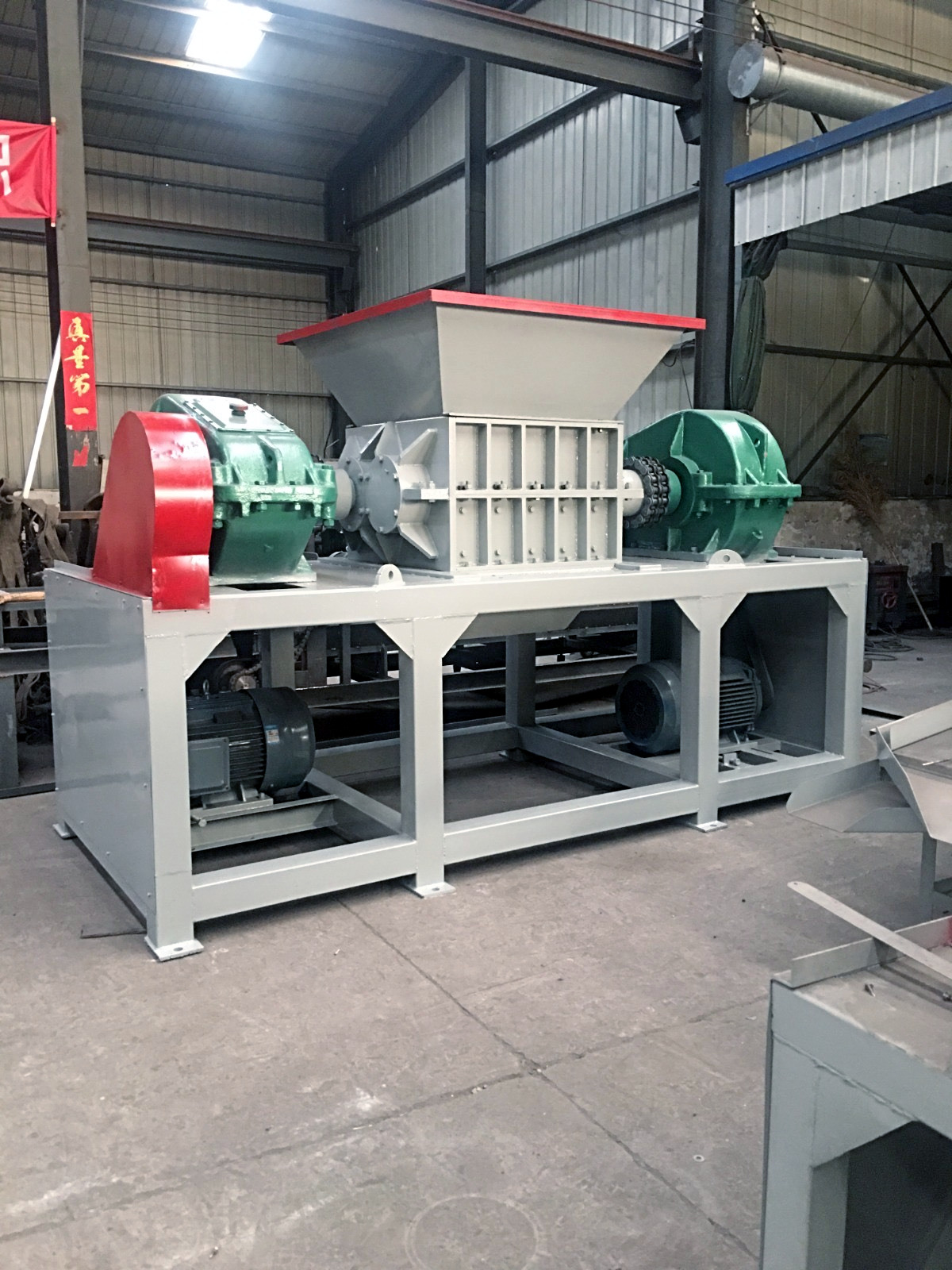
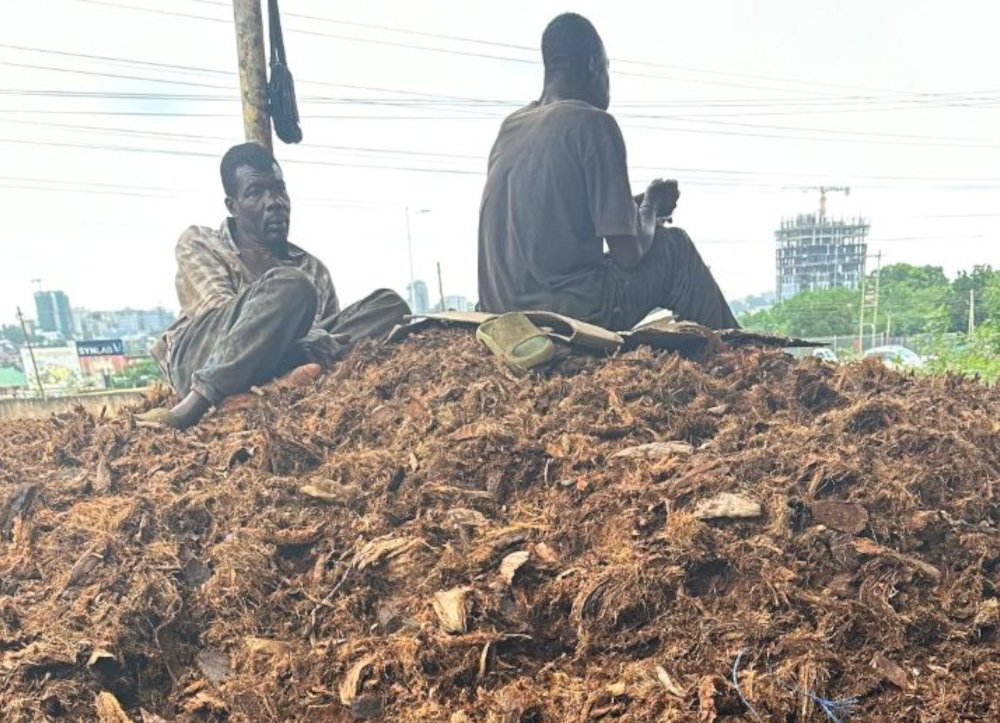
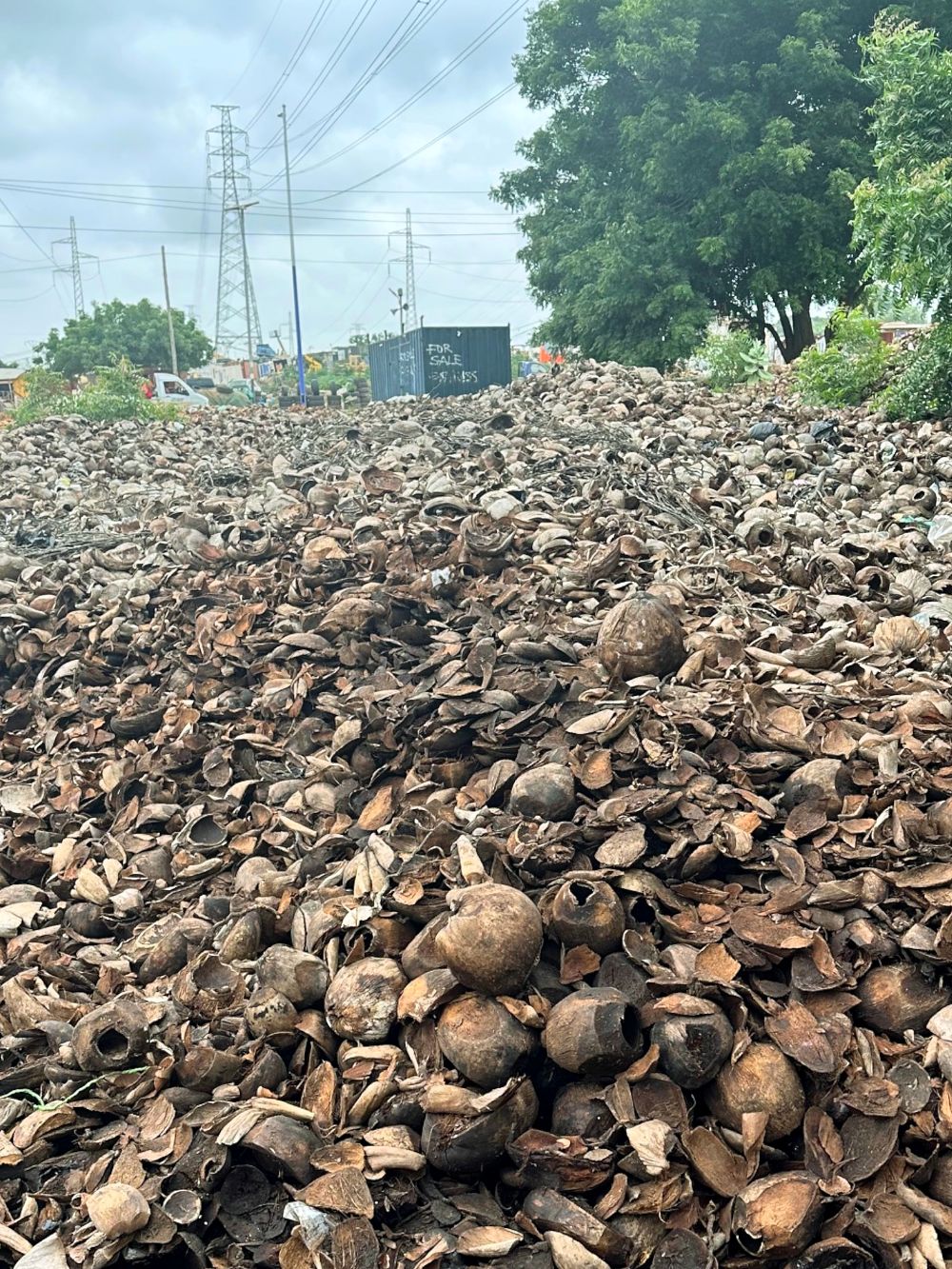
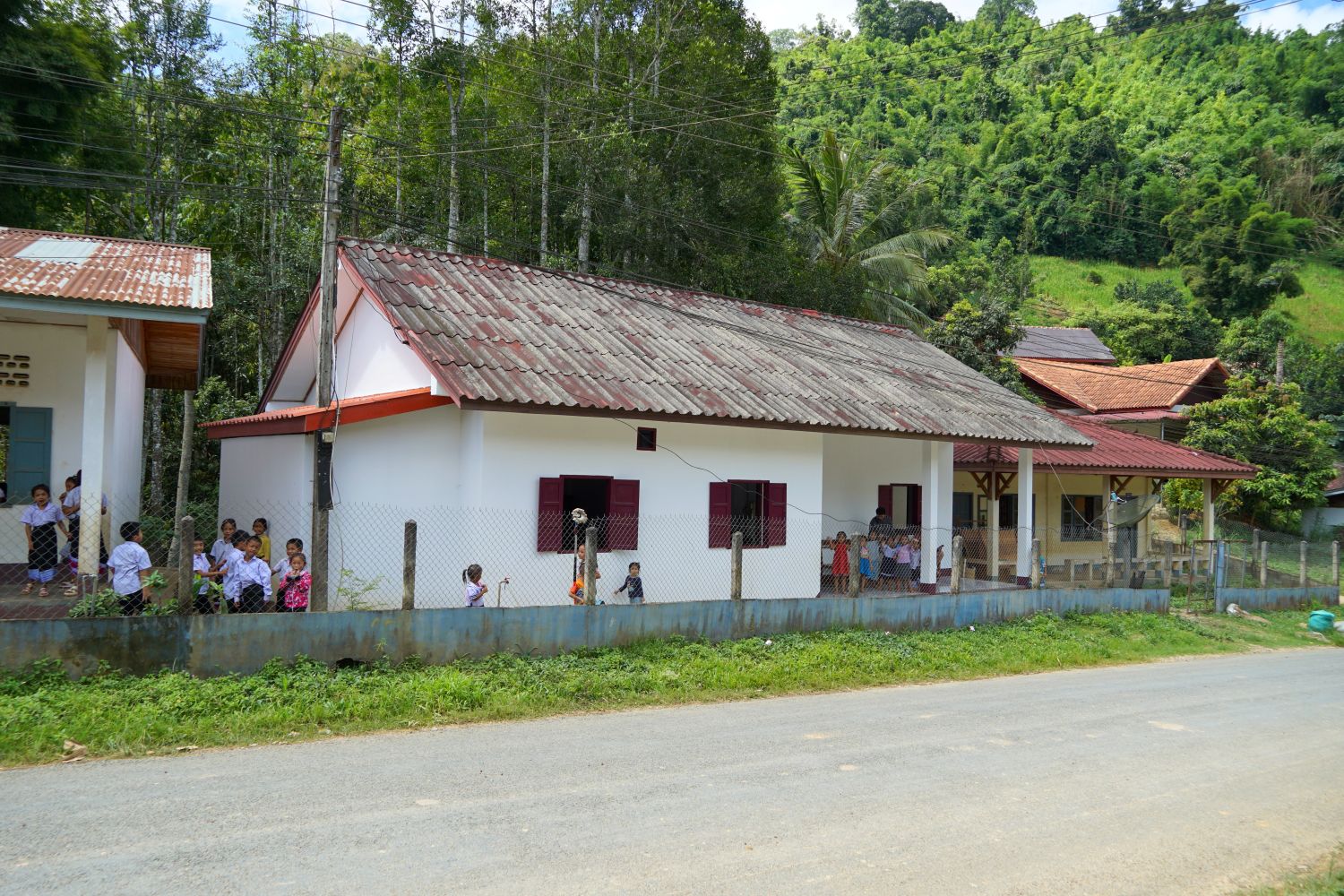
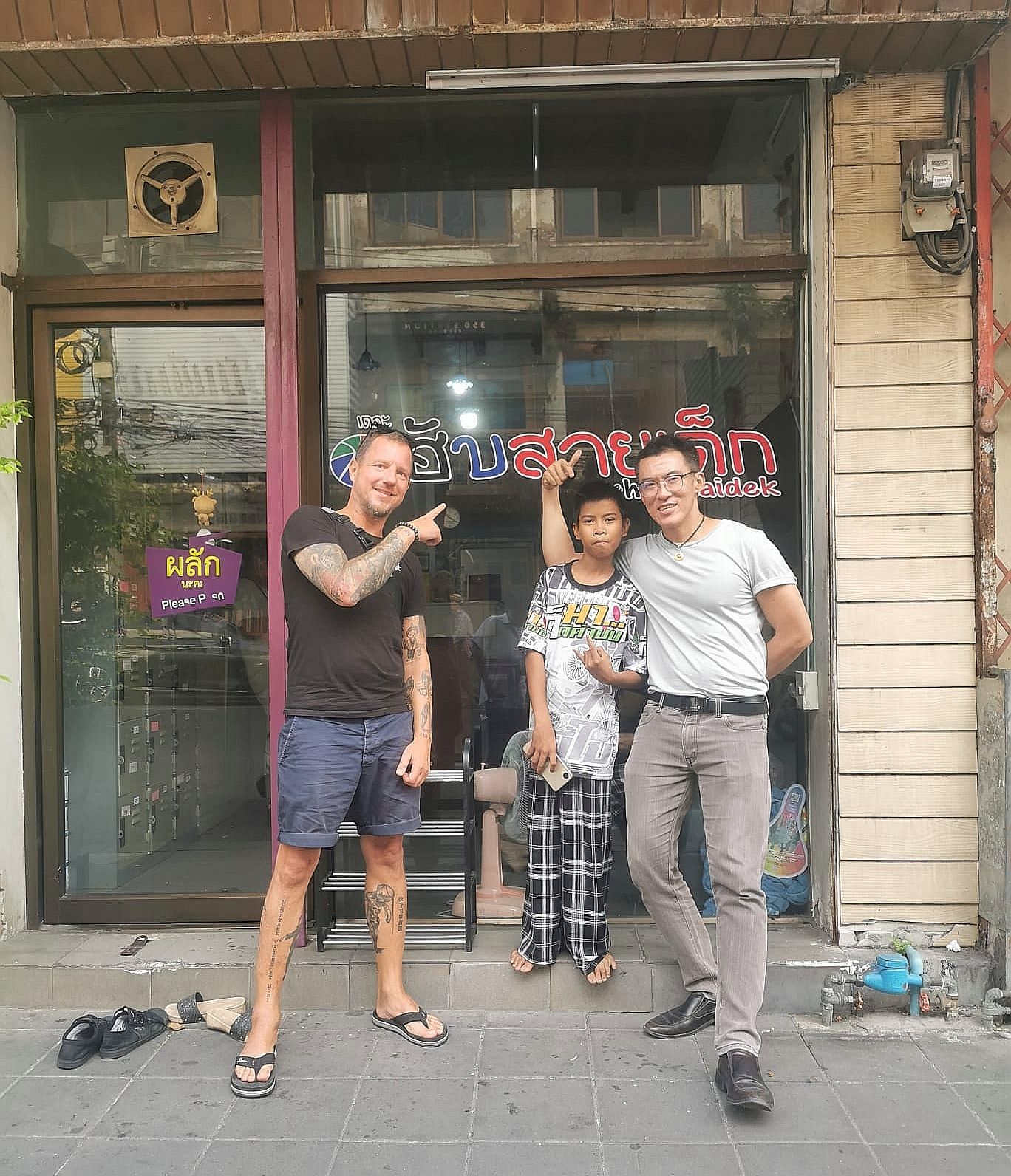




.jpg)
.jpeg)


